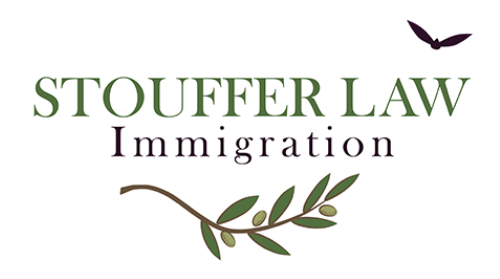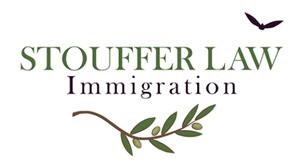Information About Unemployment Options, Worker’s Rights, Stimulus Checks, Health And Access To Healthcare And Relief Funds
Below we have compiled a list of links and resources describing some of the programs stemming from the Federal Government’s recent Coronavirus Aid, Relief, and Economic Security (“CARES”) Act, signed into law March 27, 2020 along with some California State and local resources. We hope this will be helpful to our clients and beyond. We are not unemployment attorneys or tax attorneys, therefore please note this does not constitute legal advice.
Unemployment, Work Reduction and Workers Rights
- FAQs for Immigrant Workers
- Workers Rights Q&A
- General California Unemployment Information Page and Coronavirus Resource Page in English
More General Resources – Including Access to Healthcare, What to Do if Sick, Funds for Those in Need and More in English with Links to Resources in Other Languages
List of Links and Resources Including Funds for Families in Need Regardless of Immigration Status
- Resources for Immigrants during the coronavirus crisis
- List of Relief Funds for Undocumented Workers in California
- Relief funds for undocumented worked in California
Indigenous Languages (Including Mam) Resources and Videos on Coronavirus
Stimulus Checks
The Following is information from AILA HQ (Benefits Policy) Committee’s April 6, 2020 Publication
The March 27, 2020 CARES Act economic recovery package provides for one-time payments, called recovery rebates, (or commonly known as “stimulus checks”) to help individuals recover economically from the COVID-19 pandemic.
How Much Is the Recovery Rebate?
Eligible individuals with an adjusted gross income up to $75,000 can receive a one-time payment of $1,200. Married couples filing a joint tax return are eligible to receive a payment of $2,400, as long as their adjusted gross income is less than $150,000. Eligible individuals can also receive an additional $500 for each eligible child under the age of 17.
The recovery rebate is reduced by $5 for every $100 of adjusted gross income (AGI) above $75,000 for individuals, $112,500 for heads of households, and $150,000 for married joint filers. The amount is completely phased-out for single tax filers with adjusted gross incomes exceeding $99,000, $146,500 for head of household filers with one child, and $198,000 for joint filers with no children.
The recovery rebate is to be automatically advanced to eligible individuals in 2020 based on their 2019 federal income tax return, or their 2018 tax return information in case that is the most recently filed tax year.
Who Is Eligible for a Recovery Rebate?
Only individuals with valid Social Security numbers and people who qualify as “resident aliens” as defined by the IRS are eligible to receive the payment. Please note this term is defined by the IRS and does not hold the same meaning as in the immigration law context. Non-U.S. citizens are considered nonresident aliens unless they meet one of two tests set forth by the IRS: the green card test or the substantial presence test.
- Green Card Test: Lawful permanent residents of the United States are considered resident aliens if they were lawful permanent residents at any time during the calendar year. This is known as the “green card” test. Lawful permanent residents continue to have U.S. resident status under this test unless they voluntarily renounce and abandon their status in writing to the USCIS, their immigrant status is administratively terminated by the USCIS, or their immigrant status is judicially terminated by a U.S. federal court.
- Substantial Presence Test: A foreign national is considered a “resident alien” if he or she meets the substantial presence test for the calendar year. To meet this test, an individual must have been physically present in the United States for a designated minimum threshold period outlined by the IRS. Note that the IRS exempts certain nonimmigrant visa statuses from the physical presence calculation, such as individuals temporarily present in the U.S. under a F, J, M, or Q visa. Most work-authorized immigration statuses, such as H-1B, L-1, O-1, and TN, are not exempted and may be able to meet the substantial presence test.
Those who file their taxes using an Individual Taxpayer Identification Number (ITIN) are not eligible for a recovery rebate. Moreover, the CARES Act denies the rebate to an eligible individual with a Social Security number if the individual filed a joint return with a spouse who has an ITIN, or filed a return with a qualifying child who has an ITIN. There is a limited exception for adopted children and military families.
Will Receiving a Recovery Rebate Impact Have an Adverse Impact Under the New Public Charge Rule?
No. The recovery rebates are structured as automatically advanced tax credits to be disbursed by the Treasury Department. The DHS final rule on inadmissibility on public charge grounds is clear that tax credits are not taken into account for the purpose of a public charge determination.
Similarly, the Department of State (DOS) Interim Final Rule and the Foreign Affairs Manual (FAM) align with the DHS final rule in that the DOS interim final rule and FAM indicate that for the purposes of defining “public benefit”, cash assistance for income maintenance does not include tax credits.

